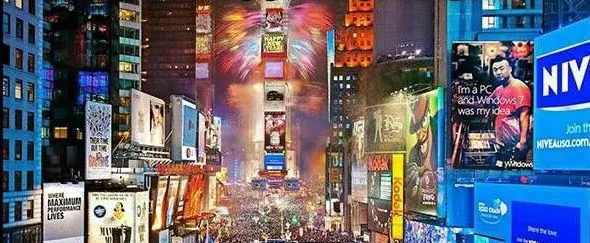 |
| It is hard to change behaviour if it is not seen as a problem. |
Do you like shopping? Do you
really like shopping, really
need shopping? Are you suffering from
Oniomania? Are we all, to a certain extent?
Definition
Oniomania (from Greek ὤνιος
onios "for sale" and μανία
mania "insanity"
) is the technical term for the compulsive desire to shop, more commonly referred to as
compulsive shopping,
shopping addiction,
shopaholism,
compulsive buying or
CB. The condition has been recognized for over 100 years.
The Condition
Although not taken very seriously by an increasingly shopping-focused world, CB is a psychiatric disorder with serious repercussions for sufferers, and those around them.
Those diagnosed with this disorder - anywhere from 10-30% of Americans - represent the far end of the spectrum. But it would seem by the global popularity of shopping that we are all susceptible to this condition to some degree. Is this what evolution has brought us to - turning the process of acquisition into an obsessive mental illness? If so, what might trigger this response?
Causes of Oniomania
Could it be the multi-billion dollar marketing and advertising industries? As a small, but growing, group of humanity acquires more wealth they also increase overall consumption. It happened in North America over the past several decades of growing wealth, and it is happening now in places like Brazil, India, and China.
 |
| Trust in me... |
Marketers salivate at the exploding growth, fertile ground for opportunities in encouraging compulsive purchasing. "Let us help you spend your money", they whisper, like Kaa the Python in
The Jungle Book trying to hypnotise the Bandar-log. "Trust in me, trust in me, look into my eyes..."
The hypnosis techniques that the money charmers use are glossy catalogues, television shopping channels, cybershopping, and glittery malls that smell like new stuff. The snakes of commerce are good at creating 'needs', and convincing you to meet them by trading your money for their attractive, yet worthless products and services.
Experts believe that compulsive shoppers engage in their behaviour because of a need to feel special and combat loneliness. CS think that shopping will make things better, but it is an expensive therapy that is proven ineffective.
Compulsive shopping only feels good until the initial rush wears off. It may last until you reach the car and load it up with your recent amazing purchases. Or until you get home to your partner. Or until you realize you spent the rent money. Then the guilt kicks in, and the cycle repeats.
This is a global problem now as more and more people spend money acquiring stuff as they convert themselves from citizens to unhealthy consumers (just like we did in the 1950s).
In a world that worships at the altar of shopping, getting away from it can be a challenge for even the most committed anti-consumer. It is even more difficult for Oniomaniacs as they represent the elite athletes in the game of desire and consumption. We tend to honour them and their patriotism. What is the problem? Why change?
People chuckle at T-shirts that shamelessly announce, "Shopaholic", or, "When the going gets tough, the tough go shopping", but this is seriously harmful behaviour for many, and it is certainly bad for the planet.
Treatment
So how to become less shopping oriented, regardless of where we fall on the Oniomania spectrum? As with many mental illnesses, treatment is difficult, comparable to the intransigence of hoarding behaviour.
Doctors would most likely prescribe therapy and/or pharmaceutical concoctions, but the most effective method is having a strong personal desire to make positive changes for the yourself and the planet.
First is recognizing there is a problem - we have to link our desire to shop and consume with the ongoing destruction of the natural world, not to mention our own happiness. Then we need a plan to reduce desire, and consumption through self-control.
Try starting with 24 hours of not buying anything, then progress to a couple of days. Once you get better at it, you may find you can go a whole week of not buying anything. That might feel so good that eventually most days are shopping-free.
You are liberating yourself from that shopping monkey riding on your back, and realizing the benefits.
Benefits of Kicking The Shopping Habit
- Spending less, saving more. Getting out of debt = freedom!
- With a reduced budget and no debt, you will be able to work less if you choose.
- You could get a lower paying job with NO responsibilities (as in American Beauty)
- There will be fewer things to store and maintain in your house.
- It feels good to live unencumbered by a constant desire for things.
- You will have more money for the things you really need, like food and shelter.
- By not shopping as much you are withholding your money from the 1%.
- All the time you would have been shopping can be spent doing more productive things like, writing a book, volunteering at your local school, helping a neighbour, learning to play an instrument, hanging with your partner and/or kids...
- With less stuff you could move to a smaller home.
- Your new extra time could be used to start a blog - spread the word about the joys of kicking the shopping habit.








